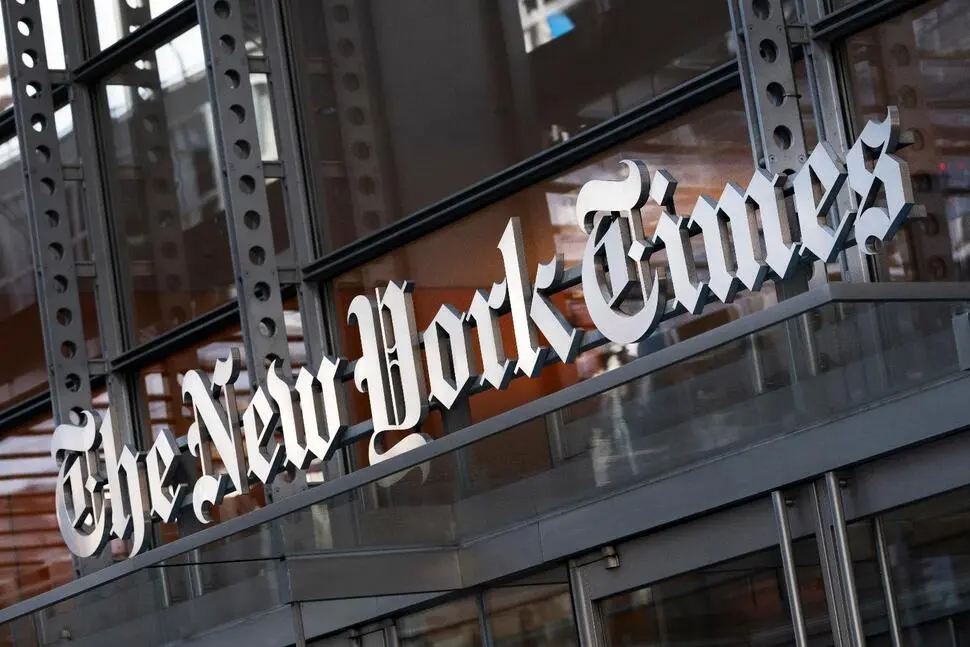In a groundbreaking legal move, The New York Times has sued OpenAI and Microsoft, alleging copyright infringement in AI chatbot technology like ChatGPT.
This action is a first from a major news organization against AI platforms.
The Manhattan lawsuit alleges OpenAI and Microsoft developed AI models like ChatGPT and Bing Chat using the newspaper’s articles without proper authorization or payment.
The Times argues that this practice not only infringes copyright but also threatens journalism’s integrity by bypassing the need for readers to access their website directly.
They claim this could significantly reduce their revenue streams from traffic, subscriptions, and ads.
In response, OpenAI expressed surprise and disappointment.
The company highlighted its respect for content creators’ rights and its commitment to ensuring mutual benefits from AI technology and new revenue models.

The lawsuit also raises concerns about AI’s impact on factual accuracy.
It cites instances where AI tools have attributed false information to The New York Times, blurring the lines between fact and fiction for readers.
Notably, one instance involved ChatGPT incorrectly attributing product recommendations to the Times’ review website.
Despite negotiations since April aimed at reaching a commercial agreement and setting technological safeguards similar to those with Google, Meta, and Apple, the talks have reached an impasse.
This stalemate comes after months of discussions for a potential resolution between The New York Times, OpenAI, and Microsoft.
This lawsuit may redefine the legal framework for AI technology, significantly affecting both the news industry and media-tech company relations.
This case could shape AI and copyright law, spotlighting the changing dynamics and conflicts between media and tech firms in the digital era.

